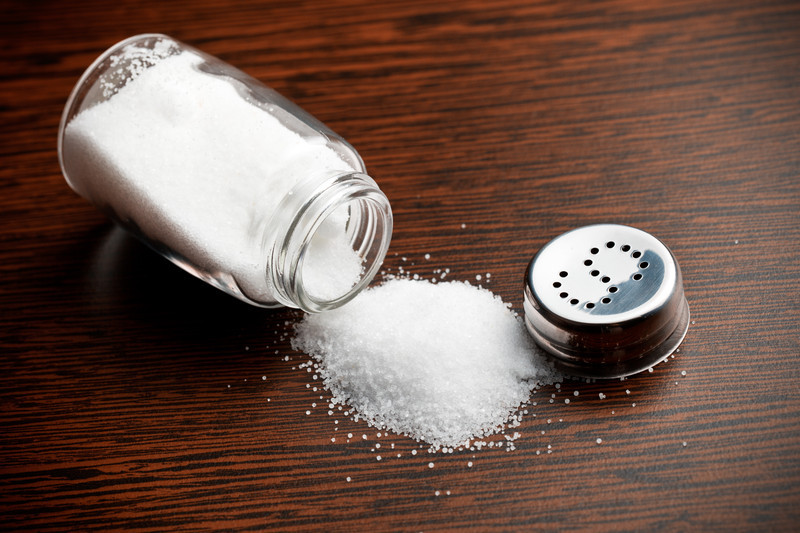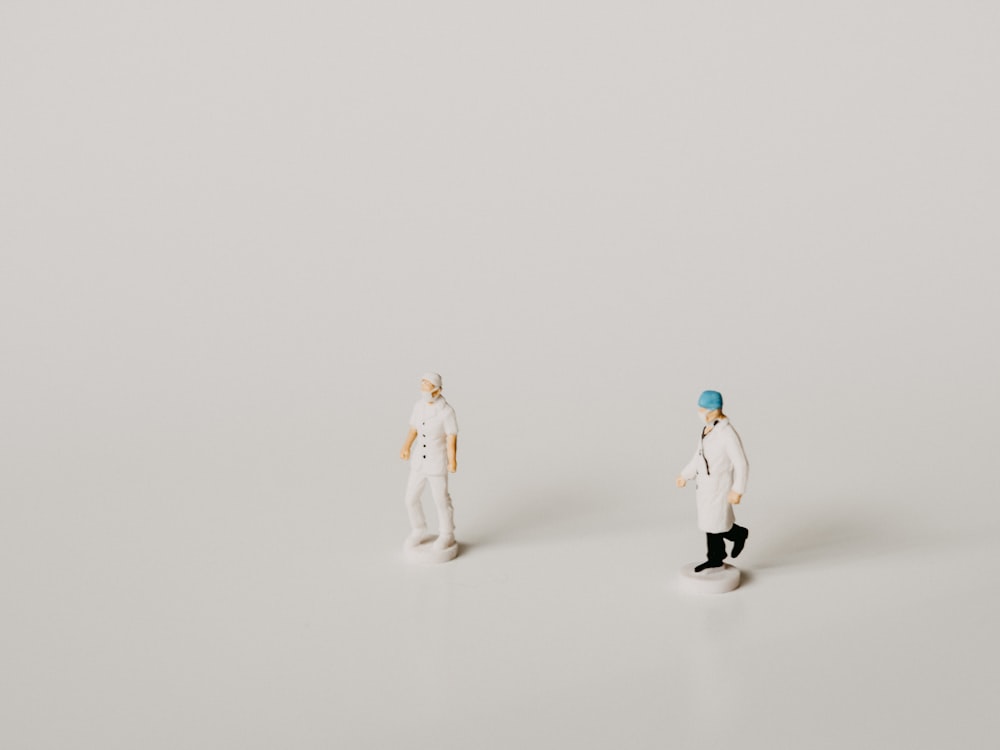
Maintaining Health through Reduced Sodium Intake
Lowering sodium intake is essential for overall health. High sodium levels in the diet can lead to various health issues, including high blood pressure and an increased risk of heart disease. Embracing strategies to reduce sodium intake can significantly benefit your well-being.
Understanding Sodium’s Impact
Sodium plays a crucial role in bodily functions, but excessive consumption can have adverse effects. High sodium intake is linked to hypertension and cardiovascular problems. Being aware of sodium sources and their impact is the first step towards reduction.
To explore in-depth strategies for reducing sodium intake, visit Women’s Health and Style. Discover a plethora of information to enhance your health through mindful dietary choices.
Read Labels and Choose Wisely
Reading food labels helps identify high-sodium items. Opt for low-sodium or sodium-free alternatives. Choose fresh or frozen produce over processed or canned foods, as they often contain added sodium for preservation.
Limit Salt in Cooking
Reduce salt in homemade meals by using herbs, spices, and citrus juices for flavoring instead. Gradually decrease the amount of salt used in recipes, allowing your taste buds to adjust to lower sodium levels.
Cook at Home and Monitor Portions
Preparing meals at home gives you control over sodium content. Monitor portion sizes and avoid oversized servings, as consuming large portions can lead to higher sodium intake without realizing it.
Choose Low-Sodium Alternatives
When buying packaged foods, opt for low-sodium versions when available. Compare products and choose those with lower sodium content. Select reduced-sodium or no-salt-added options for canned goods.
Limit Processed Foods and Condiments
Processed foods, such as deli meats, frozen meals, and sauces, tend to be high in sodium. Limit their consumption or choose low-sodium varieties. Be mindful of condiments like soy sauce, ketchup, and salad dressings, as they can contain high amounts of sodium.
Rinse Canned Foods
If using canned foods, rinsing them before consumption can reduce sodium content. Rinsing beans, vegetables, or canned fish can remove excess sodium present in the canning liquid.
Mindful Eating Habits
Be conscious of where you eat and how quickly you consume meals. Eating in a calm environment and chewing food slowly allows you to savor the flavors, making you more aware of taste and reducing the need for added salt.
Choose Fresh Ingredients
Opt for fresh fruits, vegetables, and lean meats instead of processed alternatives. Fresh produce naturally contains lower sodium levels and offers various health benefits.
Stay Hydrated
Drinking plenty of water helps flush out excess sodium from the body. Staying hydrated supports overall health and assists in maintaining a healthy sodium balance.
By implementing these tips and making mindful choices, you can effectively reduce sodium intake and improve your overall health. Prioritizing lower-sodium alternatives and being conscious of dietary habits form the foundation for a healthier lifestyle.



